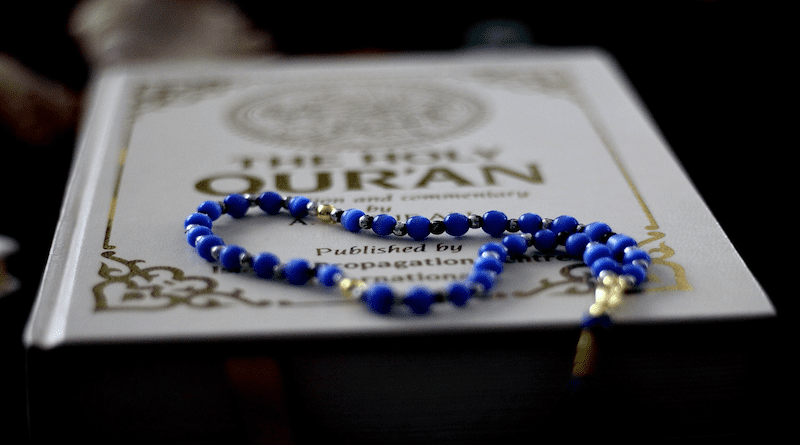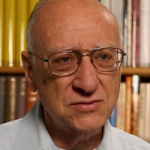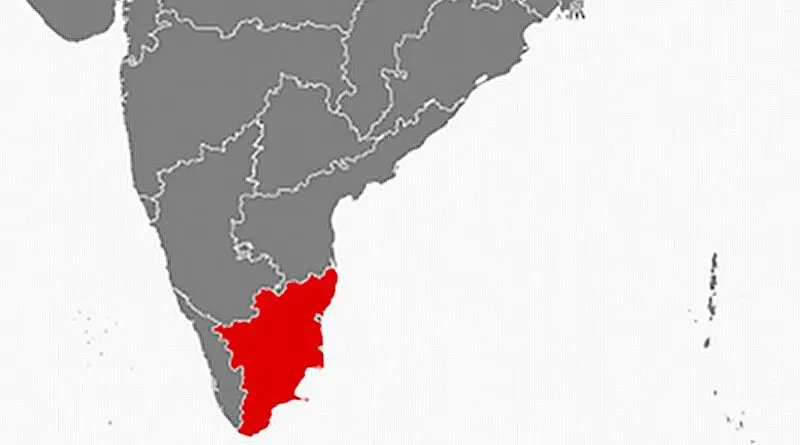Opinion
Nabil Amr
Palestinian writer and politician
Sunday - 12 May 2024
Every country that was plagued by foreign occupation gained its independence through national struggle that sprung from its own land and nation and made the occupier’s continued presence unsustainable as the losses came to outweigh the gains.
This was and remains a law governing the relationship between nations and their occupiers, and it has never been broken at any time or place.
It is according to this standard that the Palestinians’ long and arduous journey to liberate themselves from occupation and achieve freedom and independence should be evaluated.
By any measure, the scale of the sacrifices made by the Palestinians - and with them the Arabs - in the 20th and 21st centuries have been immense. No one familiar with the history of the Palestinian national struggle needs us to teach them about these sacrifices in figures: the number of human lives lost, families displaced, individuals detained, and people who were disabled as a result of their injuries. The events unfolding in Gaza now are a model that speaks clearly to these sacrifices and their magnitude.
The Palestinian state train, the dream of all Palestinians and their Arab and other supporters around the world, has not moved from the very first station: the homeland. This station, where numerous sacrifices were made and immense losses were incurred, should be viewed objectively and dispassionately if we are to understand the facts as they are and identify the obstacles preventing the train from taking off as it should.
This territory and the Palestinians living on it, as well as their countrymen in the diaspora, lack a basic and crucial requisite to be effective, national unity, which provides solid ground for national struggles. Indeed, the latter requires consensus on a single program, crystallization in a single institution, and common leadership.
This grave shortcoming is the reason for the train’s failure to depart from the first station. As long as this issue remains unaddressed in a manner that ensures the unity, coherence, and integration of efforts, the prospect of reaching a final resolution will remain far-fetched. It also creates complex challenges due to the significant influence of power that holds the key.
Before and since the Gaza war, the United Nations, especially the General Assembly, has embodied what we like to call the international community which is the fairest venue for addressing the Palestinian question and ensuring the inalienable political rights of the Palestinian people. It has supported the Palestinians’ right of return, self-determination, and the establishment of an independent Palestinian state on all the territory occupied in 1967, including East Jerusalem.
It is also the venue that has issued crucial resolutions regarding Palestinian refugees. In fact, the United States, with all its power, has found itself isolated in the General Assembly. Meanwhile, every vote has left its darling Israel seeming ostracized, isolated, and defeated.
The UN has a perverse structure and illogical rules. The majority, no matter how overwhelming, is of no significance because the smaller body, the Security Council, has the final say through the veto. In the 20th and 21st centuries, it seemed as though the veto was put into the bylaws of the UN so that the US could use it against the Palestinians and any resolution that might harm Israeli interests and offer something positive to the Palestinians.
Nothing helps us imagine the Palestinian state train departing its first station to reach the last like the fact that a popular global majority supports it, with the US and Israel standing on the opposite side, atop the rubble in Gaza and the bodies of its martyrs.
The train will not leave its point of departure unless this illogical flaw of division and fragmentation is resolved intelligently. Energy must not be squandered on infighting and preventing this falls solely on the Palestinians.
As for the final station, whose steel door remains firmly closed by the keyholder, its fate is in the hands of actors who could force the US and Israel to see things as they are. They must be made to see that the benefits of opening the door to a Palestinian state, enabling it to become a full member of the UN, and ensuring its establishment on its own land, outweigh the costs.
The Palestinian people and Arab nations have made more than enough sacrifices to liberate several polities and peoples. This obligates those who hold legitimate leadership or de facto authority to swiftly find a solution that removes the obstacles at the point of departure and facilitates the train's journey to its final destination.
All winds are blowing in favor of the emergence of a Palestinian state. However, the malfunction at the first station is strongly undermining this trajectory. What is happening on the ground in Gaza and the West Bank, along with recent events at the UN General Assembly, should be enough to compel leaders to address and resolve the issues at the first station.







